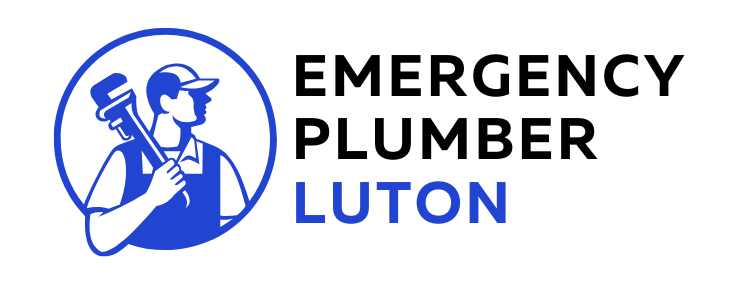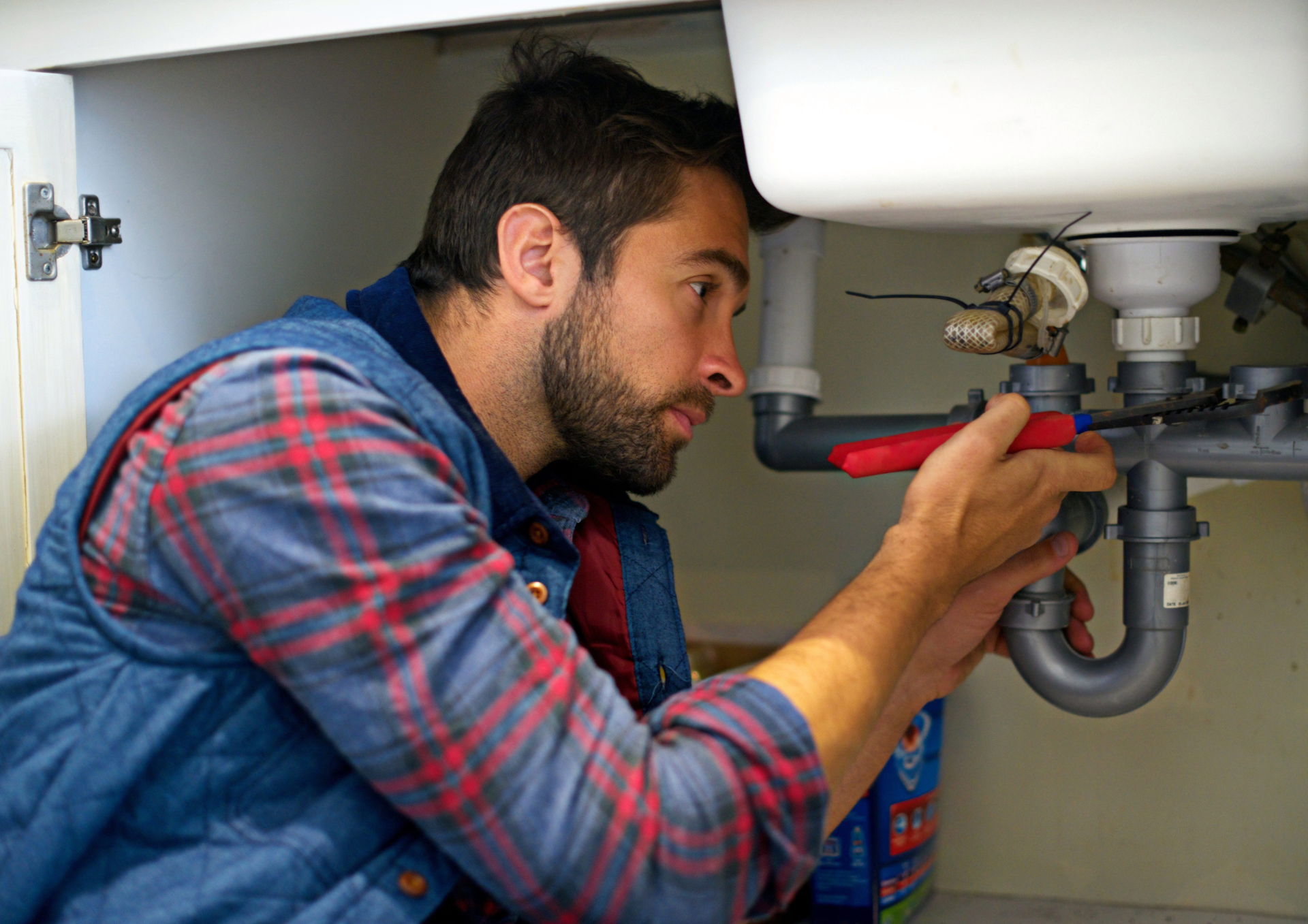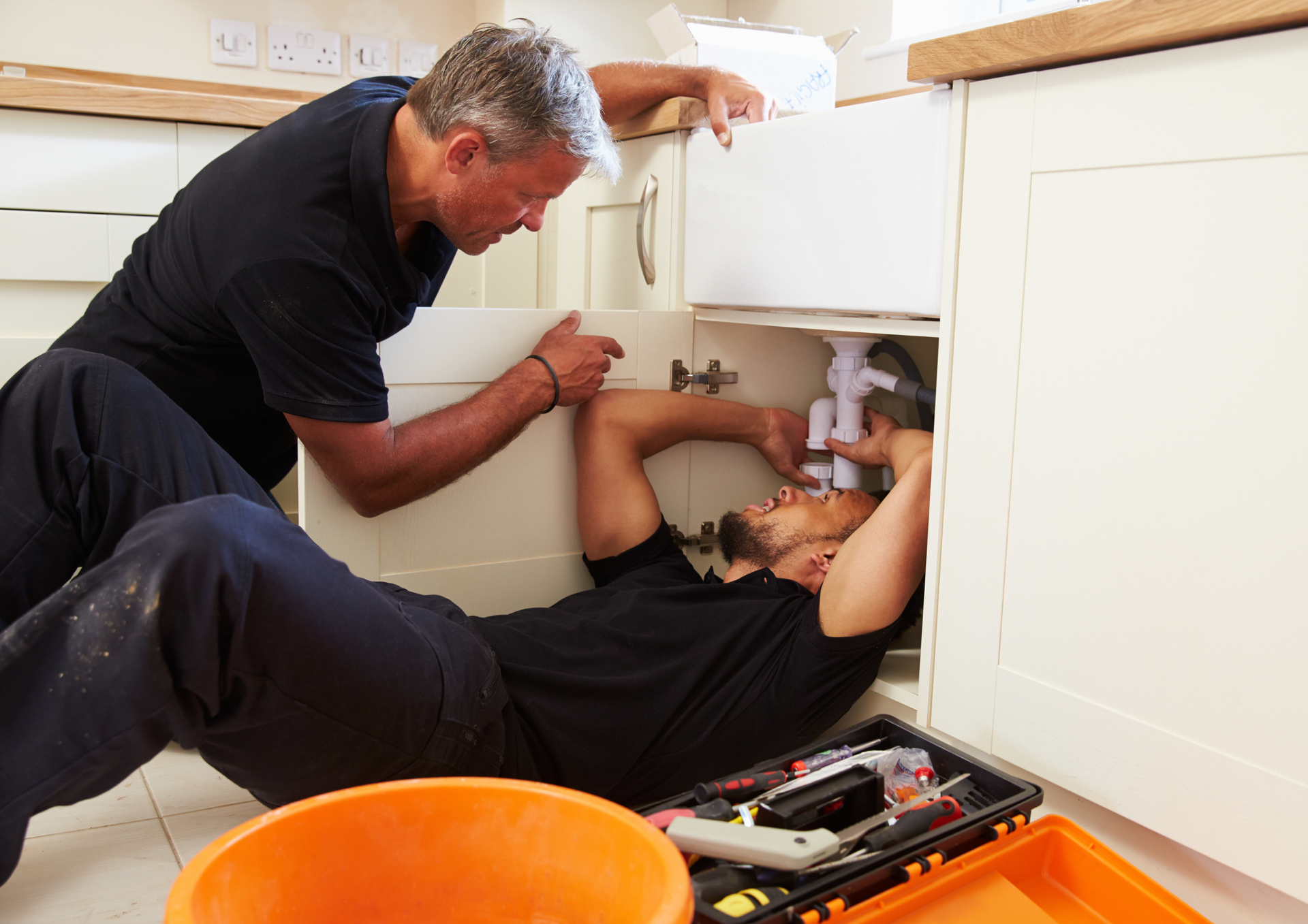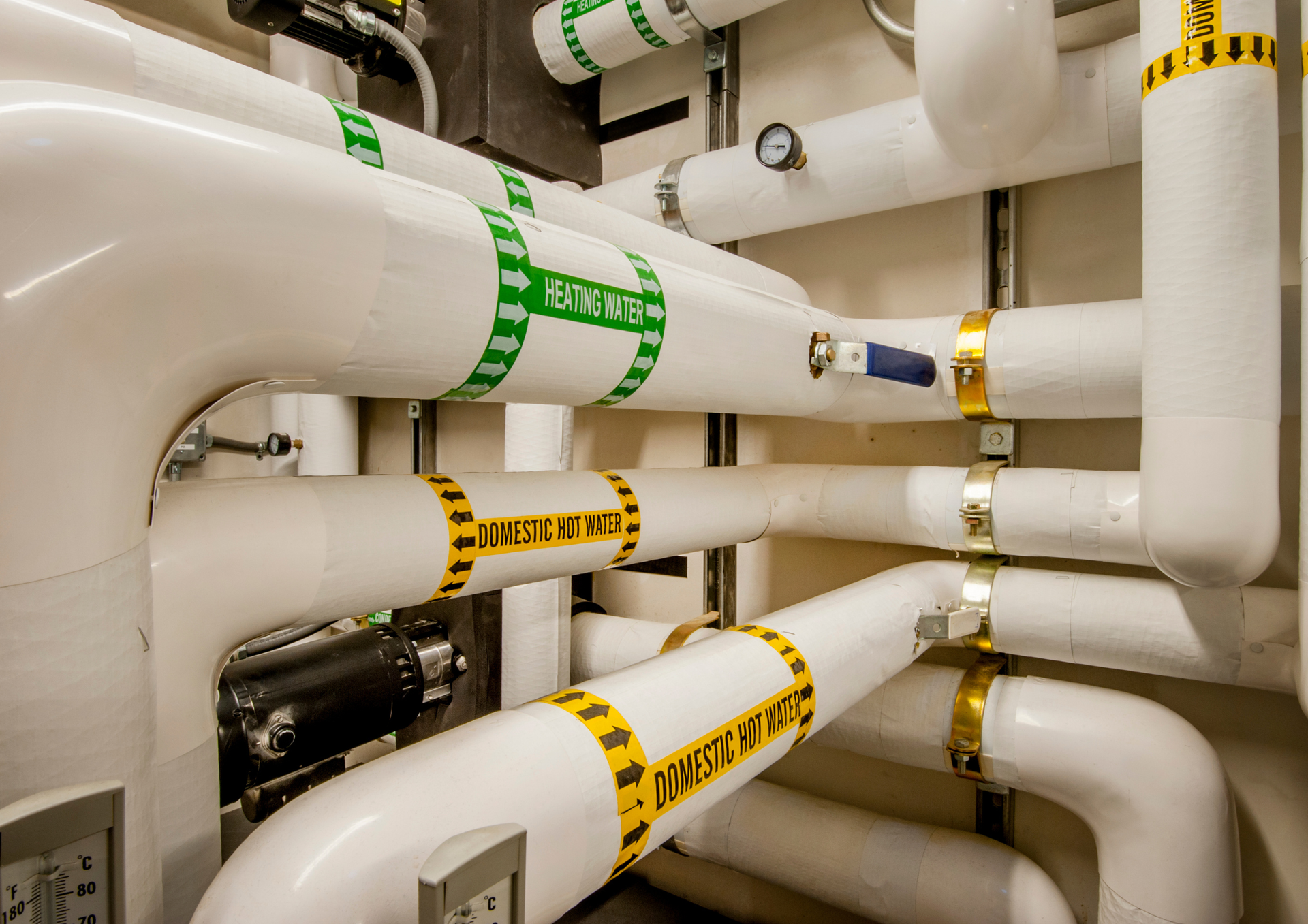Natural Remedies vs Chemicals: What’s Best to Unblock Drains?
Drain blockages are one of the most common issues faced by homeowners, builders, landscapers, and businesses across the UK. Whether it's a kitchen sink that's refusing to drain or an outdoor overflow during bad weather, knowing how to deal with it effectively is essential. But when it comes to clearing clogs, one key question arises: should you rely on natural remedies or turn to chemical solutions to unblock a drain?
This guide explains how to clear drains using natural or chemical methods and when to call a professional.
Understanding Drain Blockages
Drain blockages can occur for a range of reasons and are not limited to domestic properties. In homes, typical causes include a build-up of grease, food waste, hair, soap scum, and sometimes small objects accidentally flushed or washed down sinks. In commercial or industrial settings, debris from construction work, packing materials, or improper waste disposal can all lead to more stubborn obstructions.
Even those managing events or landscaping projects may encounter drainage problems when soil, leaves, or outdoor waste are allowed to enter the system. Recognising the signs early—such as slow drainage, gurgling noises, unpleasant smells, or pooling water—is crucial. Left unchecked, a blocked drain can cause significant disruption and even structural damage, particularly in buildings with older plumbing systems or poor drainage design.
Natural Remedies for Unblocking Drains
Many people prefer to start with natural remedies when attempting to clear minor blockages. This is especially common in households where safety, cost, and environmental concerns are top priorities. One popular method involves using a combination of baking soda and vinegar, which, when mixed, produce a mild chemical reaction. This can help to dislodge early build-up inside the pipes. After allowing the mixture to sit for some time, flushing it through with hot water can help carry away the debris.
Another simple approach involves pouring boiling water directly down the drain to help melt grease-based clogs. Some also try using salt and hot water together, especially in kitchen sinks, where fatty residues are more likely to collect. These methods are generally safe for most types of plumbing and are gentle enough not to cause corrosion or other damage. However, their effectiveness is often limited to soft organic matter and early-stage blockages. More complex or deeply embedded issues will usually need a stronger solution or professional intervention.
Natural methods may suit homeowners managing occasional clogs, or businesses looking for regular, eco-friendly maintenance. But in busy environments—such as during large cleanouts, renovations, or landscaping jobs—they may not offer the strength required to deal with the volume and type of waste produced.
Chemical Drain Unblockers: Fast but Risky?
When natural options fail or the blockage becomes urgent, many turn to chemical drain unblockers for a faster result. These products are widely available and work by dissolving grease, hair, soap, and other obstructions using powerful caustic or acidic agents. For those dealing with a severely blocked basin or a slow-draining bath, the instant effect can seem like the ideal solution.
However, chemical cleaners are not without drawbacks. One major concern is the potential for pipe damage. Older plumbing systems or certain plastic materials can corrode over time if exposed repeatedly to strong chemicals. There are also safety considerations. The fumes from chemical cleaners can irritate the eyes, skin, and respiratory system, particularly in poorly ventilated areas. Improper use, such as mixing different types of cleaners or using excessive amounts, can even cause dangerous reactions.
Environmental impact is another consideration. Chemical cleaners that enter the sewage system may not be fully broken down during water treatment and can harm aquatic life. For those aiming to run environmentally conscious businesses or projects, this is an important factor to weigh up.
Despite these concerns, chemical cleaners have their place. For one-off emergencies or stubborn blockages, they can provide a temporary fix. However, for those managing waste-heavy operations, it is usually safer and more sustainable to rely on professional services to unblock a drain without causing damage or putting health at risk.
When to Call a Professional
Sometimes, the blockage is too far gone for DIY methods—natural or chemical. Telltale signs include standing water that won’t drain, a persistent bad smell coming from plugholes, or water bubbling back up into sinks, baths, or even toilets. These symptoms often point to deeper problems within the drainage system that cannot be reached without specialist tools.
This is when it’s time to contact a blocked drain plumber. Professional drainage specialists use advanced equipment such as high-pressure jetting machines, drain inspection cameras, and mechanical augers to remove even the most stubborn blockages. More importantly, they can identify the exact location and cause of the issue, whether it’s a collapsed pipe, an invasive tree root, or a build-up of hardened grease.
Calling in an expert doesn’t just save time—it also prevents further damage. Attempting to force a solution can lead to broken pipes, water damage, or expensive repairs down the line. For homeowners, construction firms, and business operators alike, knowing when to escalate the issue to a professional can protect your property and avoid unnecessary disruption.
In more urgent cases, such as flooding or blocked toilets in commercial premises, quick action is critical. That’s where emergency drain unblocking services come into play, providing a rapid response to minimise downtime and risk.
Outdoor Drain Blockages: A Different Challenge
An indoor blockage is bad enough, but a blocked drain outside presents a different set of problems. Outdoor drainage systems are more exposed to the elements, meaning they're at risk from mud, leaves, stones, litter, and even root systems that grow into the pipework. During autumn or heavy rain, these drains can quickly become overwhelmed, leading to overflows that affect gardens, driveways, and even the foundations of a building.
Outdoor blockages tend to be more difficult to access, requiring specialised equipment to clear effectively. A plunger or chemical cleaner won’t reach a gully trap filled with silt and tree roots. Instead, high-powered water jetting or rodding systems are usually required to break through the material and restore flow.
For event organisers setting up outdoor installations, or landscapers managing soil and waste, regular inspection of outdoor drains is essential. Preventative maintenance—such as clearing leaves, using drain covers, and scheduling periodic checks—can significantly reduce the chances of a blockage occurring.
Attempting to handle outdoor drainage issues without the right expertise can be risky, especially during colder months when frozen water can cause pipes to burst. If you’re unsure, it’s always safest to contact professionals with the tools and experience to address the issue quickly and effectively.
Making the Right Choice: Natural or Chemical?
When faced with a blockage, deciding between a natural or chemical method depends on several factors. These include the severity of the issue, the location of the blockage, the materials causing it, and the plumbing infrastructure involved. Light, organic build-up in a kitchen sink may be resolved using natural remedies, particularly if dealt with early. For blockages caused by fat and soap residue, boiling water might do the trick.
However, recurring issues or complete drain failure usually indicate a larger problem that requires investigation. In these cases, even chemical cleaners may provide only a temporary fix. Worse, repeated use of harsh products can mask underlying issues while gradually weakening your pipework.
For households, businesses, and professionals alike, the best approach is often a combination: using natural remedies for regular maintenance, avoiding heavy reliance on chemicals, and trusting a qualified team when serious problems arise. Choosing the right method at the right time helps protect your property, your plumbing, and the environment.
There’s no one-size-fits-all solution when it comes to unblocking drains. Natural remedies offer a safe and gentle approach for everyday maintenance and minor blockages. Chemical cleaners may be effective in isolated cases but should be used with caution due to potential damage and health risks. The most important factor is recognising when a blockage has gone beyond what DIY efforts can handle.
Calling in professionals to unblock a drain may feel like a last resort, but it’s often the most cost-effective and safest choice in the long run. Whether you’re a homeowner dealing with a stubborn sink, a contractor facing waste build-up on site, or a business preparing a commercial move, taking the right steps can save time, money, and stress.
At
Emergency Plumber Luton, we understand how disruptive drainage problems can be, especially when time is tight, and the pressure is high. That’s why we specialise in fast, professional, and dependable drain unblocking services that you can rely on. Whether you're dealing with a blocked drain indoors, a complex drainage issue on a construction site, or a drain outside your office or venue, we are here to assist.
We do not provide on-site plumbing repairs or patchwork fixes. Instead, we focus entirely on the safe and efficient recovery of your system—removing the blockage and relocating the affected components to a trusted repair facility or destination of your choice. Our service is designed to support homeowners, renovators, event organisers, landscapers, and anyone facing large-scale drainage issues.
Update on X: Natural vs chemical solutions – the best way to
unblock a drain!



